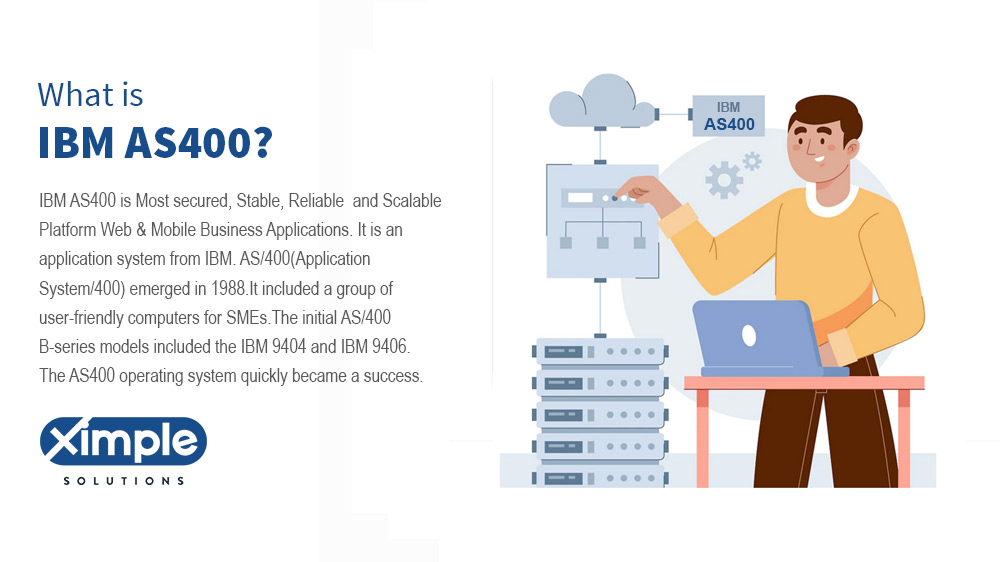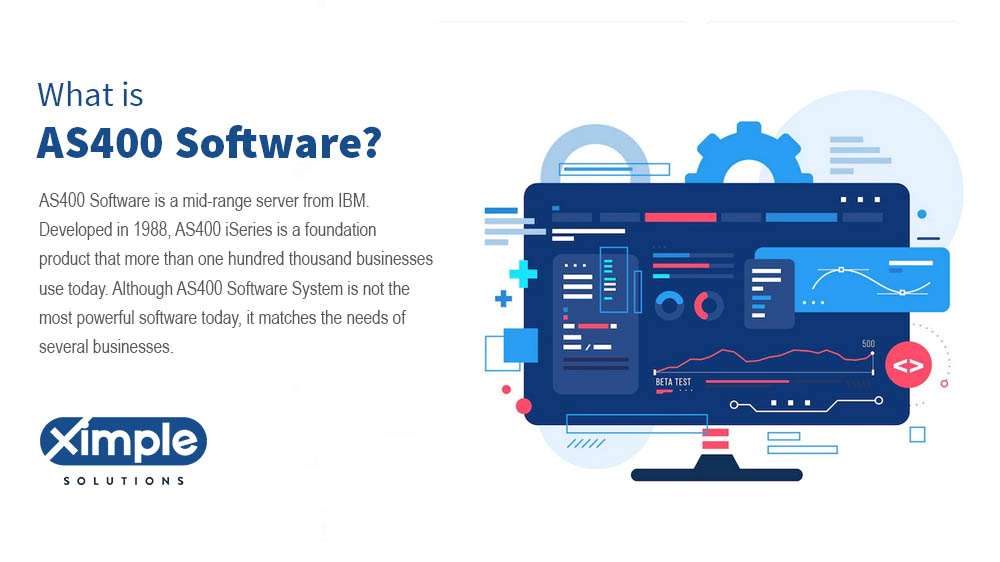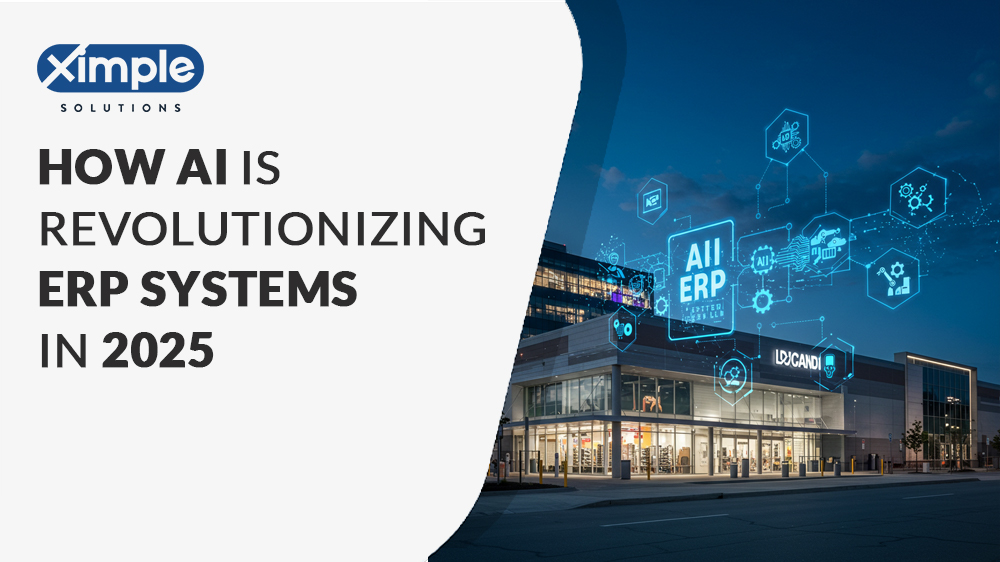Ximple ERP for Small Business – SME
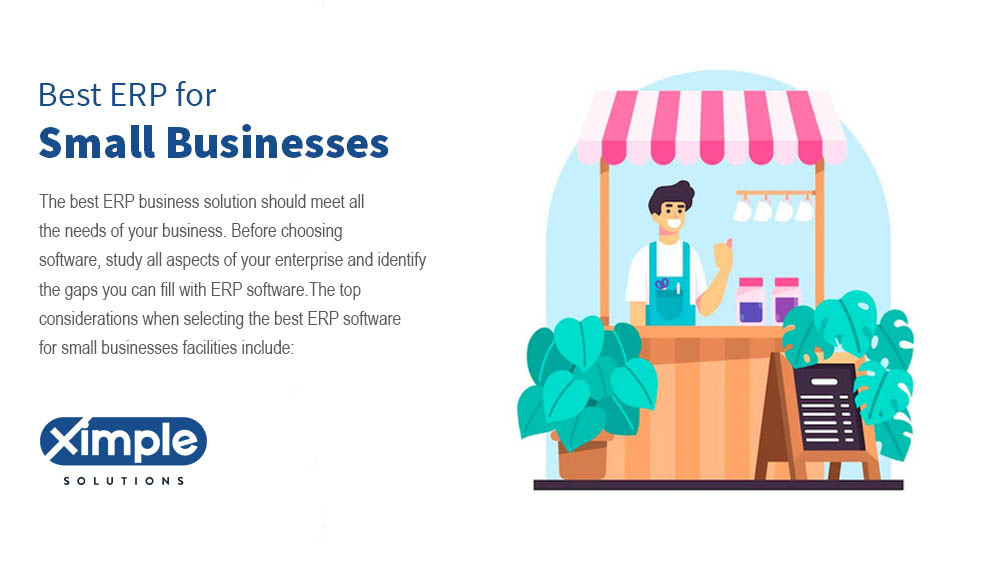
Small businesses can scale up their operations by obtaining an ERP for small businesses. ERP (Enterprise Resource Planning) software covers all areas of business management. It has different modules, and you can choose the ones that meet the needs of your business. Some modules include marketing, accounting and finance, human capital management, customer relationships management, project management, warehouse management, sales order management, supply chain management, and inventory management.
It is possible to configure ERP software in such a way that it covers all areas of your business. Many small businesses have limited financial resources. So they have to plan their expenditures based on the available finances. When choosing the best ERP system for small business entities, consider finances and more. But which software is the best choice for your SME, and how can you find it? We will attempt to answer these questions throughout this article.
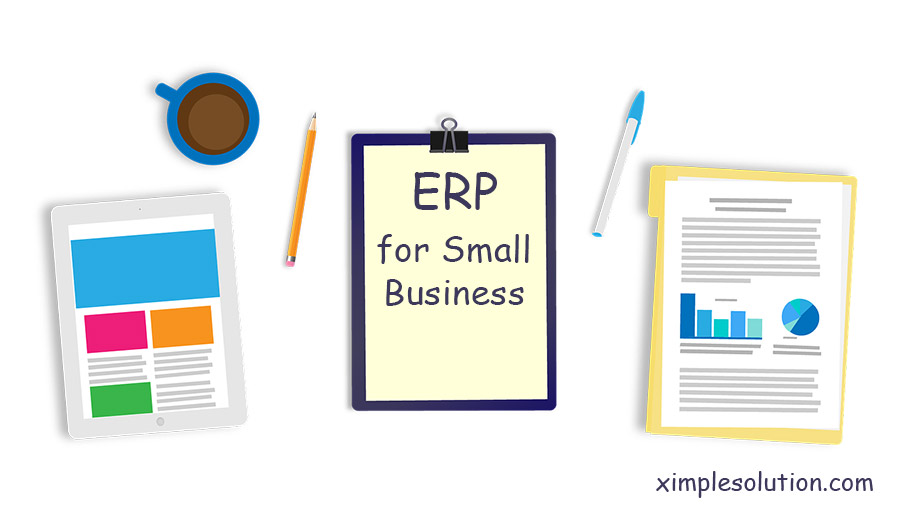
Table of Contents
Best ERP for small businesses
The best ERP business solution should meet all the needs of your business. Before choosing software, study all aspects of your enterprise and identify the gaps you can fill with ERP software. The top considerations when selecting the best ERP software for small business facilities include:
- Your industry – Currently, there is a suitable ERP solution for virtually every industry. An industry-specific tool is easy to customize to match your needs. It is also the most appropriate choice because the manufacturer made it with your specific needs in mind.
- Cloud Configuration – In these modern times, all businesses want to own a website and search for new leads online. Again, the majority of companies decided to try remote working when the coronavirus came. There are more than enough reasons to put your business operations online if you have not done that. You can start by buying small business cloud ERP software. Cloud ERP is easy to install, making it the most practical option for a small business.Â
- Open source – An affordable resource planning tool is the admiration of every small business owner. Although it has limited ERP modules and functions, it can still meet the needs of your small enterprise.

ERP applications for small business
There are many ERP tools to choose from. However, you need to know the actual use of ERP in business when selecting the best. Are there specific roles you struggle to do without the software? Can ERP tackle these challenges effectively? You need to understand the ERP’s impact on business operations. Here is how you can apply Enterprise Resource Planning.
- Accounting and finance – A business of any size needs to capture every transaction it encounters daily. Through proper bookkeeping, you can account for every cent, manage the allocation of resources, and release accurate financial reports.
- Business Intelligence – This module can help your small enterprise analyze and report relevant data to streamline decision-making.
- Customer Relationships Management – Your small business relations with customers, are crucial. You must strive to maintain a good relationship with your customers all the time. Luckily, you do not have to buy a separate CRM software tool when a similar module is in ERP software.
- Human Capital Management – Human resources are some of the most crucial assets of a business of any size. To manage the affairs of your human resources well, you can pick one of the best ERP business systems. The software has an HCM module that can let you administer payroll issues.
- Inventory management – To keep the operations of your business running, you must ensure proper inventory management. With ERP, you can see the movement of your stock to know when to replenish the units.
- Marketing – A marketing module can help you with attribution. You can see how your marketing campaigns are going to decide where to allocate a bigger budget. An ERP for a small business can simplify your marketing role.
You can have many business modules in ERP. However, it would be best to consider that the more modules you have, the more expensive the software may become. So it would help if you chose a few applications that matter to your business.
Cloud ERP systems for small business
A modern cloud ERP solution is better than any legacy system because it has more advanced features. Besides the typical applications, you can access features like collaboration, advanced analytics, mobile device support, etc. Additionally, cloud solutions offer scalability. When your small business begins to grow, more back-office functions might crop up.
You cannot resist buying a scalable ERP tool with more customers to serve, extra currencies to process, and additional suppliers to trade with. This is a software product that you do not need to replace soon. If you want to be smart when running a business, choose cloud ERP because it is more cost-effective. Featuring an affordable one-time subscription, cloud ERP keeps your initial ERP cost low. Remember that ERP cost for small business entities matters a lot because your resources are limited. If you deploy an on-premise legacy system, it will require considerable capital expense now and in the future because you have to maintain it.
Best ERP software for small and medium enterprises
Note that cloud platforms for small and medium enterprises differ in some ways. When choosing the perfect one for your needs, consider the differences in these models.
- Hosted Single Tenant – Another name for this model is SaaS(Software-as-a-Service). Therefore the ERP software vendor will host the solution in a server found in their data center. It provides privacy because you do not have to share.
- Multi-tenant SaaS – The other name for this model is the public cloud. It means that a single vendor server hosts all customers. However, there are no security loopholes; however, each client’s ERP application data is safe from intruders.
- A private cloud requires you to purchase and become the owner of an ERP software system for small businesses. A private cloud does not stay on a server at a physical site. Its home is intangible as it runs on a cloud infrastructure leased from a third party.
Based on what we have stated above, which model would you like to buy for your small or medium-sized business? The most appropriate cloud-based ERP software for small business operations is the multi-tenant SaaS. It is cost-effective and the simplest to set up and install. Even if it does not offer the same privacy level as the other two options, the multi-tenant SaaS is easy to update and use. It is the vendor who does the most complicated job for small business owners. ERP for small enterprises
As we have hinted above, the most appropriate ERP for small enterprises is the multi-tenant SaaS. It is a cost-effective solution because you do not have to buy or install anything. It is the vendor who runs, safeguards, and maintains their server. It is their job to make sure that you are using the most current software version.
This model is still the best because you can continue to use it when your business grows. If you are not good at IT activities, the multi-tenant SaaS model is ideal for you. Some enterprises still cannot operate a paid ERP tool. In such a situation, the most appropriate solutions are open-source software tools. Open-source ERP comes with a source code.
Another option is the Free Proprietary small businesses ERP. Although these versions do not have all functions, they can meet the needs of some small enterprises. They can be a good alternative when you cannot afford Proprietary ERP tools like cloud ERP for small businesses.
Best small business cloud ERP
When considering the best cloud ERP for your small business, what capabilities are a must-choose? The built-in capabilities of a cloud infrastructure matter a lot. The features of different cloud-based ERP solutions are diverse and unique. So, which ones do you need?Â
- Unwavering security – When your critical business data is online, it is vulnerable to theft. So, select a tool that provides multi-level security, automated data backup and recovery, and reliable data centers.
- Mobility – Remote workers will depend heavily on your cloud ERP business software. As a result, you need to check the compatibility of your software with mobile devices like smartphones and tablets.
- User-friendly – Some of your ERP users do not have IT knowledge. So it would help if you considered them as you select an appropriate cloud ERP.
- Collaboration – When work teams join forces and share information, they become more productive. Even a simple ERP for SME organizations should allow social collaboration.
- Easier integration – Do not choose cloud ERP solutions that cannot work flawlessly with your applications. Focus on how easy it would be to connect to other data sources from your ERP.
Small Business ERP for Grow Business
Small companies are the majority in most countries. To ensure that your company stands out from the crowd of same-size enterprises, you need the best web-based ERP for small business entities. It will address specific functions that are important to your organization.
Since there are several options out there, you may require help when selecting the best option. If we have to mention a few reliable products, then we would recommend Ximple Solutions ERP ahead of any other. Explore it now to see how comprehensive and practical it is for small companies. Other options worth mentioning include Acumatica, Sage 100 Cloud, Sap Business ByDesign, and Oracle Netsuite ERP.
To conclude, we hope you have learned valuable tips from this article. Now you know why we use ERP in business management. Make sure you buy the one that can satisfy every business need you have. It should be cost-friendly, of course, and run on a cloud infrastructure.

